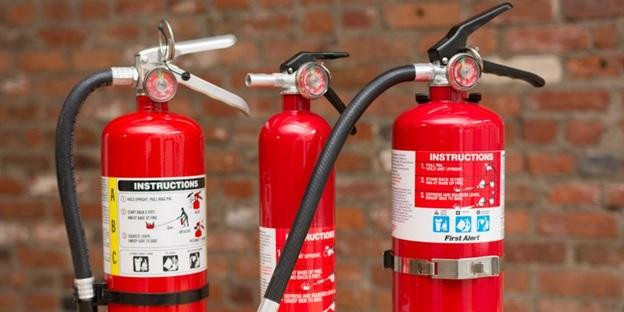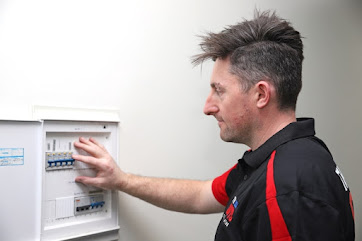Safeguard Your Family and Property with a Home Fire Extinguisher
Having a home fire quencher in your home for those crises can save lives and property. In the event that a fire begins, snatching your fire quencher can decisively diminish harm to your home, stop the spread of the fire and may save lives. It can likewise stifle the blazes while you and your family escape and keeping in mind that sitting tight for the local group of fire-fighters.

You could have 100 dousers in your home yet nothing has really any meaning more than having a fire plan for your loved ones. Everybody in the family has to understand what to do in the event of a fire. Make an arrangement on the most proficient method to get away, where to meet outside and ensure everybody knows how to call 911. In the event that you feel free to extinguish the fire (say in your kitchen), feel free to call the local group of fire-fighters in any case so they can ensure the fire is out.
The Public Fire Insurance Affiliation (nfpa.org) suggests a home fire douser for each floor. Having a douser in your kitchen, carport and one on each floor is suggested. This incorporates the storm cellar fundamental living floors, floors with rooms and in a stroll in loft.
Kitchen - Kitchens are where most flames start. Place it close to the entryway and net close to the oven. At the point when a fire begins at the oven, you can get the quencher effectively and don't need to arrive at over the fire to get it.
Carport - The carport is likewise a decent spot to keep one. The carport ordinarily has paints, solvents and building material alongside it being utilized as broad stockpiling. Mount the quencher close to the way to approach it during a fire.
Choosing the right home fire quencher for your home will take some thought. There are a few unique kinds of quenchers available and picking the right one for the specific fire circumstance is significant. In the event that you have an oil fire and utilize some unacceptable douser, you could spread the fire and exacerbate it. Utilizing a quencher made for extinguishing a wood fire on a plug could kill you.
Fire dousers are evaluated by fire class. Home fire dousers are grouped A, B, or C or a mix of the three. A significant number of the quenchers you can buy in the home places are delegated A:B:C and battle every one of the three sorts of flames. There is a D class which manages combustible metals in modern circumstances and isn't for the home.
Class A - The Class A quencher is made for conventional combustibles like paper, wood, cardboard, and basic plastics. These quenchers are loaded up with water which is feeling the squeeze and will "stifle" the burst by erasing its stockpile of oxygen.
Class B - The Class B quencher is made to deal with combustible combustibles like oil, oil, and fuel. These dousers are loaded up with a compound blend which is intended to securely quench the burst. Utilizing water on an oil fire will spread the it and hurt more.
Class C - The Class C fire dousers are intended for electrical flares. They utilize nonconductive fire retardants to cover the electrical burst. Utilizing water on a Class C fire is incredibly risky. You can seriously electrically stun yourself and even commit suicide. Keeping a Class C in your vehicle or close to electrical boards is really smart.
Class D - The Class D burst includes combustible metals. The Class D fire will commonly be experienced in an assembling or research facility setting. Numerous providers sell blend quenchers like ABC or BC dousers. The Class D quencher is never joined with others classes. These quenchers utilize dry powder and not dry synthetic substances as utilized in B and C bursts.
For more info:- fire extinguisher test
fire extinguisher test and tag
fire extinguisher testing cost
Source Url:- https://sites.google.com/view/thelocalguystestandtagcomau76/home

Comments
Post a Comment